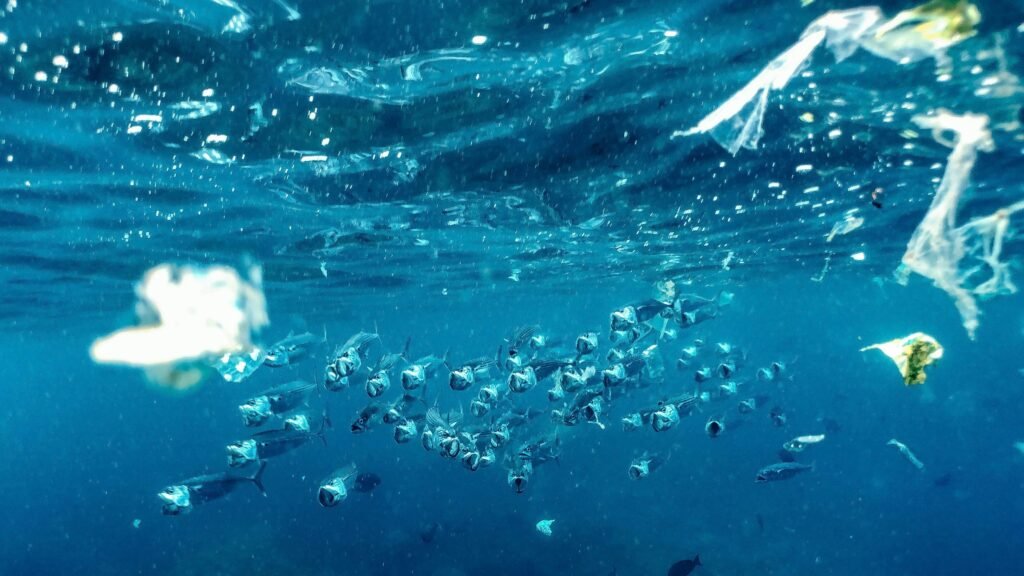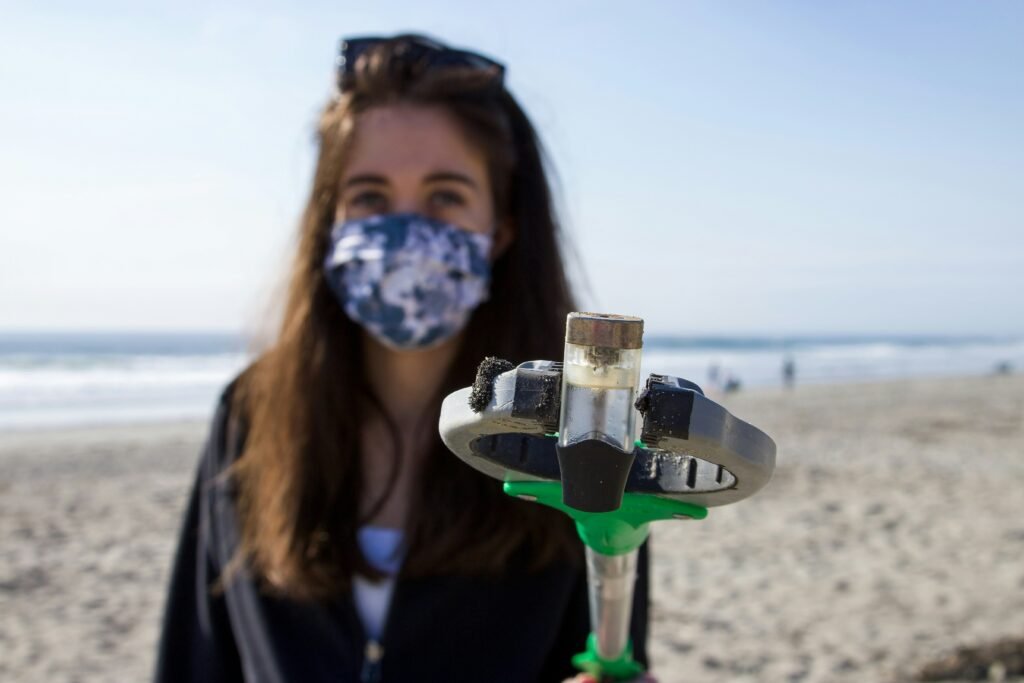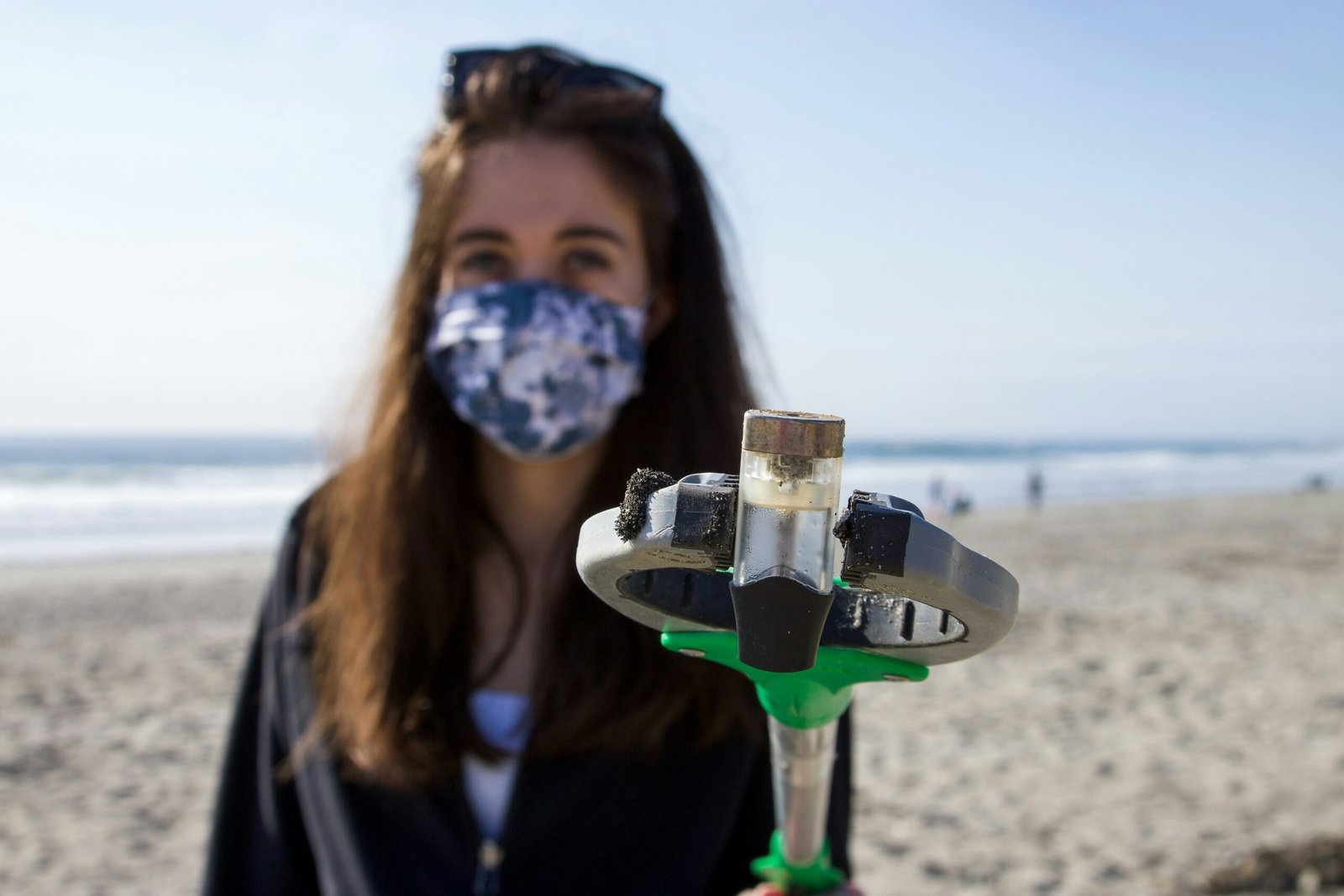Exploring the Long-term Consequences of Plastic Containers on Marine and Terrestrial Environments
Have you ever stopped to think about what happens to the plastic containers you use every day after you throw them away? The impact of plastic on our environment is a pressing issue that affects our oceans, marine life, and landfills. In this article, we will explore the long-term consequences of plastic containers on marine and terrestrial environments, and discuss ways we can reduce our plastic footprint.

This image is property of images.unsplash.com.
The Problem with Plastic Containers
Plastic containers are a convenient and widely used packaging option for food and beverages, but they come with a significant environmental cost. Most plastic containers are made from non-biodegradable materials, which means they do not break down naturally over time. Instead, they persist in the environment for hundreds of years, contributing to pollution and harming ecosystems.
Plastic containers are often single-use items, meaning they are discarded after just one use. This results in a large amount of plastic waste being generated, much of which ends up in our oceans and landfills. The sheer volume of plastic containers being produced and discarded every day is staggering, and it is taking a toll on our planet.
Impact on Marine Environments
One of the most significant consequences of plastic containers on our environment is their impact on marine ecosystems. When plastic containers are not properly disposed of, they can end up in rivers and oceans, where they pose a serious threat to marine life. Marine animals can become entangled in plastic debris or mistake it for food, leading to injury or even death.
Plastic containers can break down into smaller pieces over time, but they do not biodegrade. These microplastics can be ingested by marine organisms and work their way up the food chain, potentially ending up in seafood consumed by humans. The presence of plastic in marine environments has far-reaching implications for both aquatic ecosystems and human health.
Impact on Terrestrial Environments
While much attention is given to the impact of plastic on marine environments, plastic containers also have a significant impact on terrestrial ecosystems. When plastic containers are disposed of in landfills, they can leach harmful chemicals into the soil and groundwater, contaminating the surrounding environment.
Plastic containers that are littered or improperly disposed of can also contribute to visual pollution in urban and rural areas. These unsightly plastic waste not only detracts from the natural beauty of our landscapes but also poses a threat to wildlife that may ingest or get entangled in the debris.

This image is property of images.unsplash.com.
How You Can Make a Difference
As individuals, we all have a role to play in reducing the impact of plastic containers on our environment. By making simple changes to our daily habits and choices, we can help minimize the amount of plastic waste being generated and protect the health of our planet.
Reduce, Reuse, Recycle
The three R’s – reduce, reuse, recycle – are a good starting point for minimizing your plastic footprint. When possible, try to reduce your use of plastic containers by opting for reusable alternatives, such as glass or stainless steel containers. If you must use plastic containers, make sure to recycle them properly to keep them out of landfills and oceans.
Choose Sustainable Packaging
When shopping for products that come in plastic containers, look for brands that prioritize sustainable packaging options. Some companies are now using recycled materials for their packaging or designing products with minimal packaging to reduce waste. By supporting these eco-friendly brands, you can help drive positive change in the industry.
Participate in Clean-up Efforts
Getting involved in community clean-up initiatives is a great way to make a tangible impact on reducing plastic pollution. Joining beach clean-ups, river clean-ups, or neighborhood litter pick-up events can help prevent plastic containers from ending up in our waterways and ecosystems. Every piece of plastic you remove from the environment is a step towards a cleaner, healthier planet.
Educate Others
Spread awareness about the environmental impact of plastic containers and encourage others to make more sustainable choices. By sharing information about the consequences of plastic pollution and the importance of reducing plastic waste, you can inspire those around you to join the movement towards a plastic-free future.

This image is property of images.unsplash.com.
Conclusion
The long-term consequences of plastic containers on marine and terrestrial environments are a pressing issue that requires immediate action. By understanding the impact of plastic pollution and taking steps to reduce our plastic footprint, we can protect our oceans, wildlife, and ecosystems for generations to come. Together, we can make a difference in creating a cleaner, healthier planet for all.
